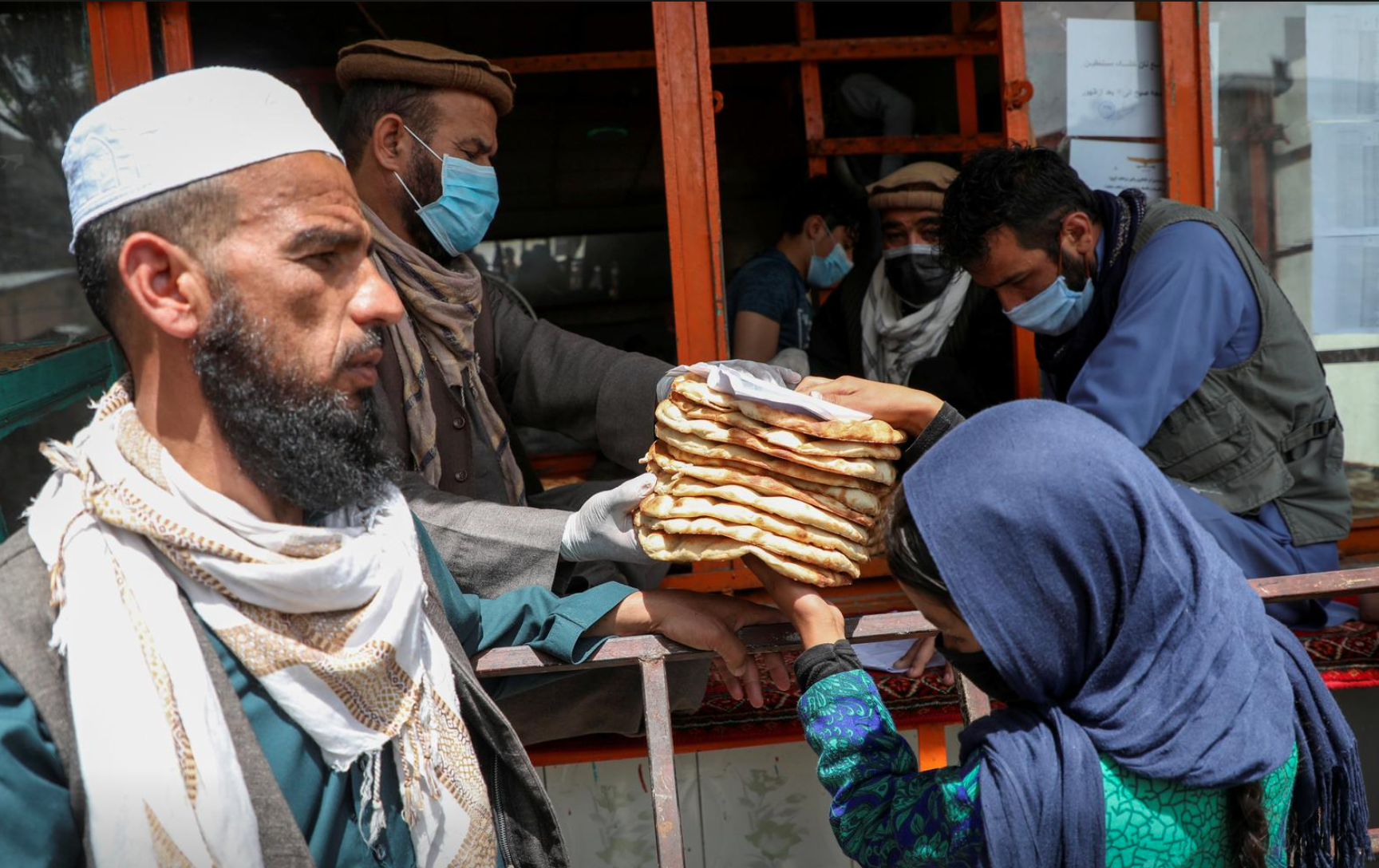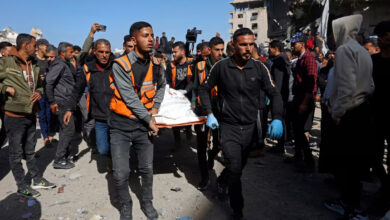
GENEVA (Reuters) – Dozens of nations began pledging billions of dollars in aid for Afghanistan at a conference in Geneva on Tuesday, hoping that peace negotiations recently begun between the government and the Taliban will end nearly two decades of war.
“Despite our suffering, I want to be very clear that our commitment to negotiations with the Taliban remains firm…we must bring an end to the violence that is haunting our lives and robbing our children of the joys of childhood,” Afghan President Ashraf Ghani said, joining the virtual conference in a video link from Kabul.
Also addressing the conference, UN Secretary-General Antonio Guterres called for a ceasefire as soon as possible, with violence escalating while peace negotiators have have struggled to make progress since talks began in Qatar in September.
Keeping financing on a tight rein could provide foreign governments with some leverage to inject a greater sense of urgency into the peace process, diplomats said.
Uncertainty whether the compromises needed for peace might lead to backsliding on human and women’s rights, has made some countries wary about making long-term commitments to an Afghan administration, which needs foreign money to cover about three-quarters of its spending.
Also, most governments are under intense pressure to make savings as they ramp up spending to help their own economies recover from impact of the coronavirus pandemic, and diplomats said.
The European Union pledged 1.2 billion euros ($1.43 billion)over four years but emphasized aid was conditional on strict requirements.
“Afghanistan’s future trajectory must preserve the democratic and human rights gains since 2001, most notably as regards to women and children’s rights,” said EU foreign policy chief Josep Borrell.
“Any attempt to restore an Islamic emirate would have an impact on our political and financial engagement,” he added, referring to the Taliban’s previous rule between 1996 and 2001.
Britain, one of the country’s top bilateral donors, said in a statement it would pledge $227 million in annual civilian and food aid.
Finland and the United Nations, who are organising the conference with the Afghan government, urged the international community not to abandon their commitments to the country as the United States withdraws troops.
“(Afghans) will need the ongoing support of the international community: political, financial, and technical. Now is not the time to walk away,” said Deborah Lyons, head of the UN’s mission to Afghanistan.
($1 = 0.8413 euros)
Reporting by Stephanie Nebehay and Emma Farge; Writing by Rupam Jain and Charlotte Greenfield; Editing by Simon Cameron-Moore
FILE PHOTO: An Afghan girl receives free bread distributed by the government, outside a bakery, during the coronavirus disease (COVID-19) outbreak in Kabul, Afghanistan May 3, 2020. REUTERS/Omar Sobhani/File Photo




